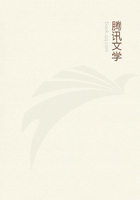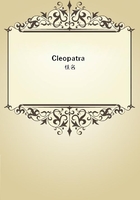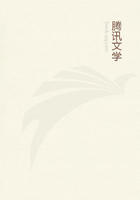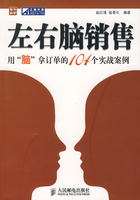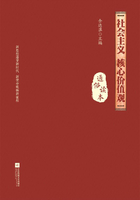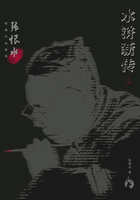His name was Samuel Johnson. He was a priest of the Church of England, and had been chaplain to Lord Russell. Johnson was one of those persons who are mortally hated by their opponents, and less loved than respected by their allies. His morals were pure, his religious feelings ardent, his learning and abilities not contemptible, his judgment weak, his temper acrimonious, turbulent, and unconquerably stubborn. His profession made him peculiarly odious to the zealous supporters of monarchy; for a republican in holy orders was a strange and almost an unnatural being. During the late reign Johnson had published a book entitled Julian the Apostate. The object of this work was to show that the Christians of the fourth century did not hold the doctrine of nonresistance. It was easy to produce passages from Chrysostom and Jerome written in a spirit very different from that of the Anglican divines who preached against the Exclusion Bill. Johnson, however, went further. He attempted to revive the odious imputation which had, for very obvious reasons, been thrown by Libanius on the Christian soldiers of Julian, and insinuated that the dart which slew the imperial renegade came, not from the enemy, but from some Rumbold or Ferguson in the Roman ranks. A hot controversy followed. Whig and Tory disputants wrangled fiercely about an obscure passage, in which Gregory of Nazianzus praises a pious Bishop who was going to bastinado somebody. The Whigs maintained that the holy man was going to bastinado the Emperor; the Tories that, at the worst, he was only going to bastinado a captain of the guard. Johnson prepared a reply to his assailants, in which he drew an elaborate parallel between Julian and James, then Duke of York, Julian had, during many years, pretended to abhor idolatry, while in heart an idolater. Julian had, to serve a turn, occasionally affected respect for the rights of conscience. Julian had punished cities which were zealous for the true religion, by taking away their municipal privileges. Julian had, by his flatterers, been called the Just. James was provoked beyond endurance. Johnson was prosecuted for a libel, convicted, and condemned to a fine which he had no means of paying. He was therefore kept in gaol; and it seemed likely that his confinement would end only with his life.115Over the room which he occupied in the King's Bench prison lodged another offender whose character well deserves to be studied.
This was Hugh Speke, a young man of good family, but of a singularly base and depraved nature. His love of mischief and of dark and crooked ways amounted almost to madness. To cause confusion without being found out was his business and his pastime; and he had a rare skill in using honest enthusiasts as the instruments of his coldblooded malice. He had attempted, by means of one of his puppets, to fasten on Charles and James the crime of murdering Essex in the Tower. On this occasion the agency of Speke had been traced and, though he succeeded in throwing the greater part of the blame on his dupe, he had not escaped with impunity. He was now a prisoner; but his fortune enabled him to live with comfort; and he was under so little restraint that he was able to keep up regular communication with one of his confederates who managed a secret press.
Johnson was the very man for Speke's purposes, zealous and intrepid, a scholar and a practised controversialist, yet as simple as a child. A close intimacy sprang up between the two fellow prisoners. Johnson wrote a succession of bitter and vehement treatises which Speke conveyed to the printer. When the camp was formed at Hounslow, Speke urged Johnson to compose an address which might excite the troops to mutiny. The paper was instantly drawn up. Many thousands of copies were struck off and brought to Speke's room, whence they were distributed over the whole country, and especially among the soldiers. A milder government than that which then ruled England would have been moved to high resentment by such a provocation. Strict search was made. A subordinate agent who had been employed to circulate the address saved himself by giving up Johnson; and Johnson was not the man to save himself by giving up Speke. An information was filed, and a conviction obtained without difficulty. Julian Johnson, as he was popularly called, was sentenced to stand thrice in the pillory, and to be whipped from Newgate to Tyburn.

